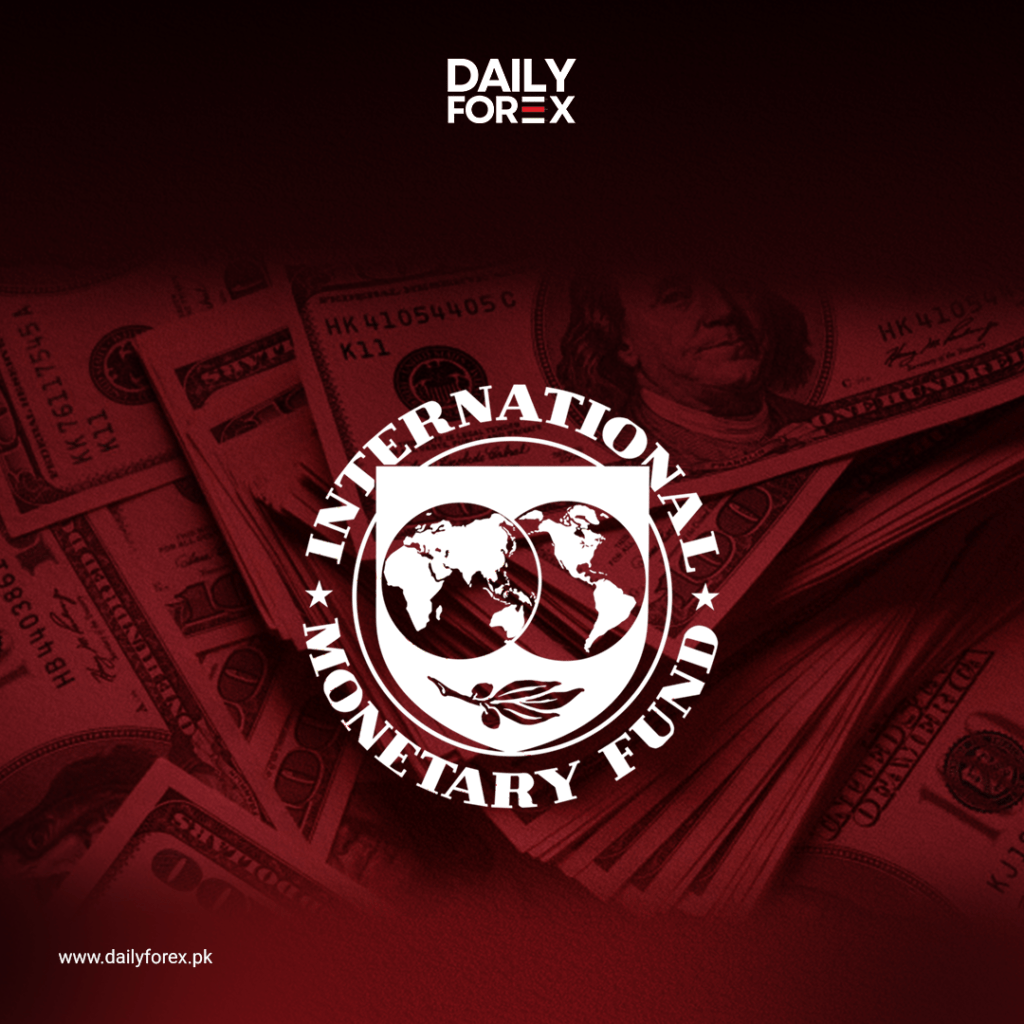In a strong display of commitment to sustained economic reforms, Pakistan’s Finance Minister Muhammad Aurangzeb has reassured the International Monetary Fund (IMF) of the government’s dedication to its reform agenda during a high-level meeting with IMF Managing Director Kristalina Georgieva at the IMF–World Bank Spring Meetings 2025 in Washington D.C.
The meeting underscores Pakistan’s efforts to secure long-term economic stability, strengthen investor confidence, and ensure continued support from international financial institutions.
💵 IMF-Pakistan Partnership: What’s on the Table?
- Pakistan’s current $7 billion Extended Fund Facility (EFF) agreement was approved in September 2024
- A new $1.3 billion deal was finalized last month after successful completion of the first program review
- These arrangements are vital for boosting foreign exchange reserves, stabilizing inflation, and supporting fiscal reforms
“Pakistan is fully committed to maintaining reform momentum,” said Finance Minister Aurangzeb, who also extended an invitation to Ms. Georgieva to visit Pakistan.
🏦 Pakistan–World Bank: A Decade of Strategic Transformation
On the sidelines of the Spring Meetings, Aurangzeb also met with World Bank Group President Ajay Banga, where both sides discussed the Country Partnership Framework (CPF)—a 10-year strategic roadmap aimed at:
- Achieving sustainable economic outcomes
- Enhancing efficiency and implementation
- Prioritizing inclusive growth and human capital
The Finance Ministry commended the World Bank’s continued financial and technical assistance, especially in helping develop a robust action plan to operationalize CPF goals.
📊 Meetings with Deloitte & IFC: Exploring Strategic Sectoral Reforms
Minister Aurangzeb also met a high-level Deloitte delegation and discussed:
- Pakistan’s macroeconomic progress
- Export-led growth strategy
- Plans to host Deloitte in Pakistan this May for further collaboration
Additionally, he met with the IFC Regional Vice President, where they explored joint initiatives in:
- 🔋 Energy sector reforms
- ⚒️ Minerals extraction & marketing
- 🏭 Privatisation of state assets
- 🌐 Technology, crypto policy, and governance frameworks
💬 Engagement with U.S. Treasury Department
The finance minister also held a crucial meeting with Robert Kaproth, Assistant Secretary at the U.S. Department of the Treasury, where he highlighted key reform efforts:
- 📈 Taxation and energy sector reforms
- 🏢 Privatisation of state-owned enterprises (SOEs)
- 💳 Pension overhaul and debt sustainability
These discussions aim to strengthen bilateral financial relations and align Pakistan’s macroeconomic goals with global standards of fiscal discipline.
📈 What It Means for Pakistan’s Economic Future
These high-level engagements are part of a broader diplomatic and financial outreach strategy by Pakistan to:
- 📊 Boost confidence among global lenders and investors
- 💰 Ensure sustained access to external financing
- 🔧 Implement structural reforms in taxation, energy, digital economy, and exports
- 🌍 Position Pakistan as a resilient emerging economy
🧠 Final Thought: Reform or Regress?
Pakistan’s global economic diplomacy, led by Aurangzeb, signals that the government is serious about reform, focused on transparency, and ready to engage strategically with international partners. The roadmap ahead is ambitious—but if executed right, it could anchor long-term stability and unlock growth.
📢 Stay with www.dailyforex.pk for the latest on Pakistan’s economic reform journey, IMF negotiations, World Bank updates, and global financial insights that matter to you.




